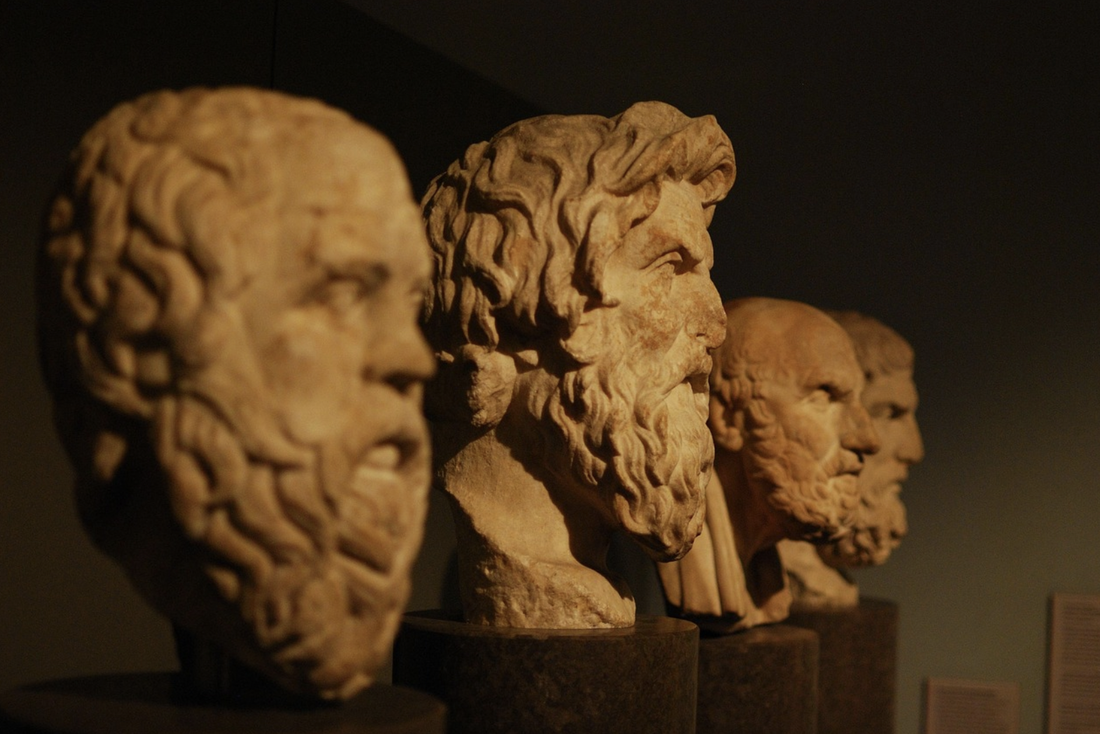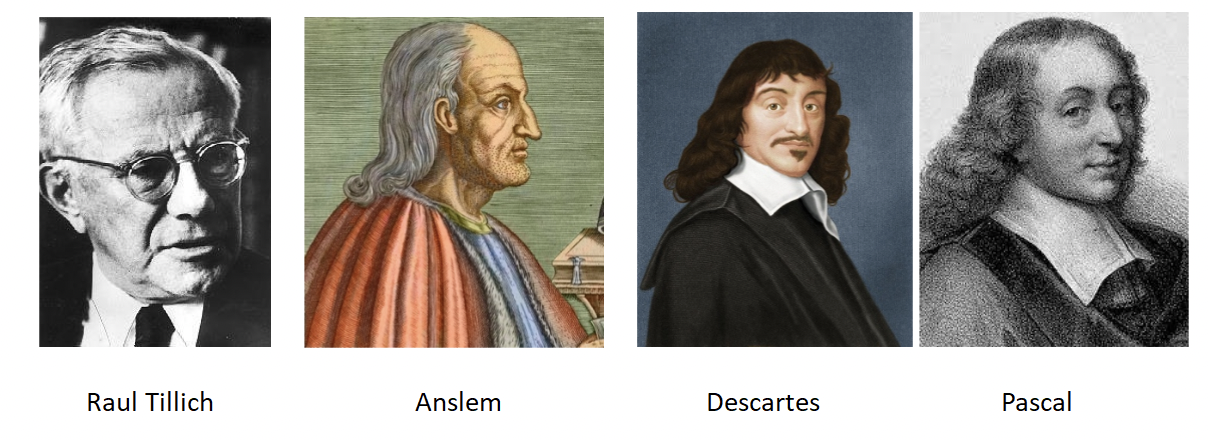|
By: A. Melcon Carrasco Religion has remained a challenging term to accurately define for centuries. The difficulty in narrowing down what “religion” actually embodies is so significant because of the great uniqueness of distinct religions and belief systems. Even some general assumptions such as the belief in a god are not necessarily part of all religions, as polytheistic religions, such as for example Buddhism and Taoism, don’t worship a specific God. General definitions of religion which sufficiently include all religions tend to be so general they are uninformative. An example of this is Raul Tillich’s definition, which stated that religion is “the act of unconditional, infinite and ultimate concern” to capture the idea that religion has to do with significant anchored valued and beliefs in people’s lives. However, even these general claims can be disputed, as this definition would also include political ideologies as religious. The one thing that many religions do have in common, which could possibly form the base of a definition in the future, is the idea of salvation and a better future state. Philosophers studying religion have greatly observed the question of the existence of God. Diverse religions have different interpretations and ideas of who God is, as for example, Christians see God as a personal and perfect figure, whilst teonists see God as an ultimate reality, non-personal and dynamic principle. The God which most philosophers focus on is the abstract idea of who God is to have a universal goal of whose existence they are trying to prove or understand. One approach to the question of God’s existence is the ontological argument, which is derived from ontology, a branch of metaphysics concerned with the ultimate nature of being. Anslem, who devised it, asks us to compare an idea of something which exists and the same idea, except it doesn’t exist. As the idea which does not exist lacks existence, it is seen as less perfect that the first idea, which does have existence. Now, if you apply this to the existence of God, as God is in theory perfect, then he would have to exist. Descartes followed a similar principle, stating that as God has all perfections, and existence is a perfection, therefore God necessarily exists. Although this argument is logically valid, the argument is deduced from claims which are supposed to be priori truths, necessary truths known independent of doubts, which may not be true. Therefore, if this argument were untrue, at least one of the premises would have to be false. The fact that God is perfect is hard to argue against, but the fact that existence is necessary for perfection has been disputed by many philosophers. Another theory is the cosmological argument. This argument assumes that everything in the world has a cause. As it believes that causes precede their effects, chain of causes can’t go back in time indefinitely, and therefore there must be a first cause that is not itself an effect. Since everything has a cause, this cause mut be the cause of itself, which thus would be God’s existence. Despite many following this claim, when subject to critical scrutiny is shows weaknesses as some of its clauses may be false. For example, the fact that time can’t go back infinitely has been contested, as many believe time never did not exist. The more sophisticated version of the cosmological argument is known as the principle of sufficient reason. This principle assumes that there is a reason for anything being the way it is, but even though if, in an analogous way, everything in the universe has an explanation, the universe itself may not. Many metaphysicians who come across these different theories use a principle known as the ‘Occams razor’ to avoid making our theories unnecessarily complicated. Regarding the question of the existence of god, this principle believes the for the hypothesis that God created our world to be justified, it must, in itself, reduce the number of unanswered question we have about its truth. The argument of design is another approach to this problem. This argument comes in many forms, but all versions start not with the existence of the world but with its intelligent design. Theorists believe that the existence of life on early can’t have arisen purely by chance, asserting an analogy between the world and things we know to be the product of purposive design. This is countered by some saying not all things on earth are beautiful, for example earthquakes and tsunamis. Moreover, even if it were considered perfectly designed, there is a big gap between it being perfect and it being God who has conceived it, especially due to Darwin’s theory of evolution which offers a convincing theory. Over centuries, the existence of suffering has posed questions to many about the conception of God, as if He did exist, how would poverty, disease, and famine exist? Although this has not caused problems for all religions, such as atheists believe that unpleasant things occur because humans are not powerful enough to prevent them, many religions who believe God is morally perfect and omnipotent have tried to justify it through ‘theodicy’. One example of a theodicy is that suffering doesn’t hurt, and that as evils of the world tend to be privations of goods, such as blindness, which is the absence of sight, and so on- God can create good but can’t be held responsible for privations of these goods. Another theodicy states that suffering is our own fault, as God gave us free will, making us not morally perfect, and therefore able to be responsible for what happens to us. Lastly, another theodicy states that suffering is in fact, good for us, following the Cosmic Harmony defense. It takes ideas of Taoism, which view light and dark and positive and negative as equally essential to harmony and therefore are both, from a universal perspective, necessary for human flourishing. Therefore, many different religious perspectives have shown to contradict each other, making it difficult to settle on a single one. As knowledge and science tend to contradict religious faith, many have been skeptical of religious truth. Blaise Pascal came up with a mathematical probability theory to discover the best course of action assuming there is a 50-50 chance that God exists. Under this assumption, he decided it was best to believe in God as it would increase utility and chance of happiness in the long run. However, this argument to decide on religious faith was dismissed by many as it is said to have a misguided conception of faith.
0 Comments
Leave a Reply. |
Categories
All
Archives
June 2024
|



